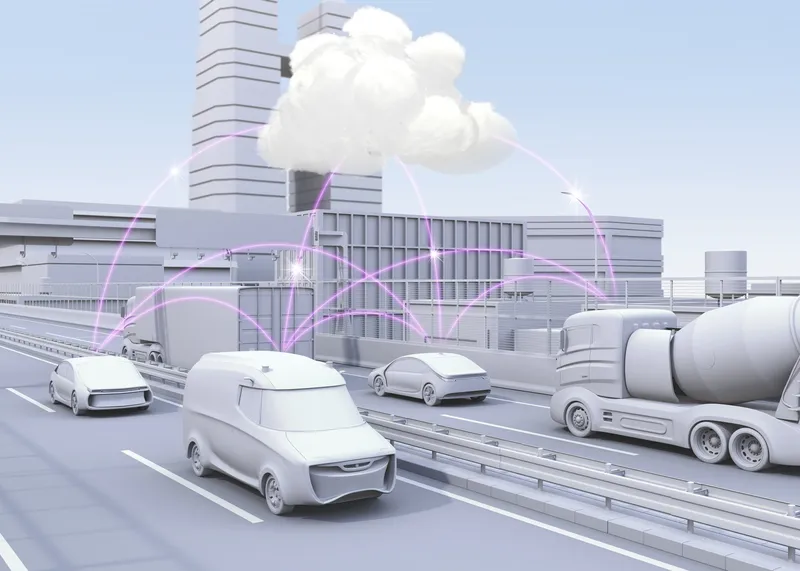Additionally, the data can also help to improve safety and allow more personalized behaviour-based insurance, by rewarding safe drivers with discounts on premiums as well as identify fraudulent claims.
TEP uses acceleration sensors and intelligent embedded algorithms to detect the accidents through communicating with the driver's smartphone via Bluetooth, which then sends alerts to a call centre to automatically contact the emergency response services. The call centre can also trigger roadside assistance in less extreme situations.
This solution, which plugs into a standard 12V car cigarette lighter socket, can operate the eCall functionality or driver behaviour data independently or with both features combined.
A software Development Kit is also provided to allow straightforward communications between a smartphone app and TEP. It supports both Android and iOS operating systems.
Bosch launches plug-in sensor to detect driver behaviour
Bosch Connected Devices and Solutions has launched a retrofit plug-in sensor device which aims to deliver precise event data such as driving behaviour and crash detection for telematics, fleet management and insurance applications. Called the Telematics eCall Plug (TEP), it registers car crash severity and is said to enable faster emergency response times. Additionally, the data can also help to improve safety and allow more personalized behaviour-based insurance, by rewarding safe drivers with discounts
January 15, 2018
Read time: 2 mins









